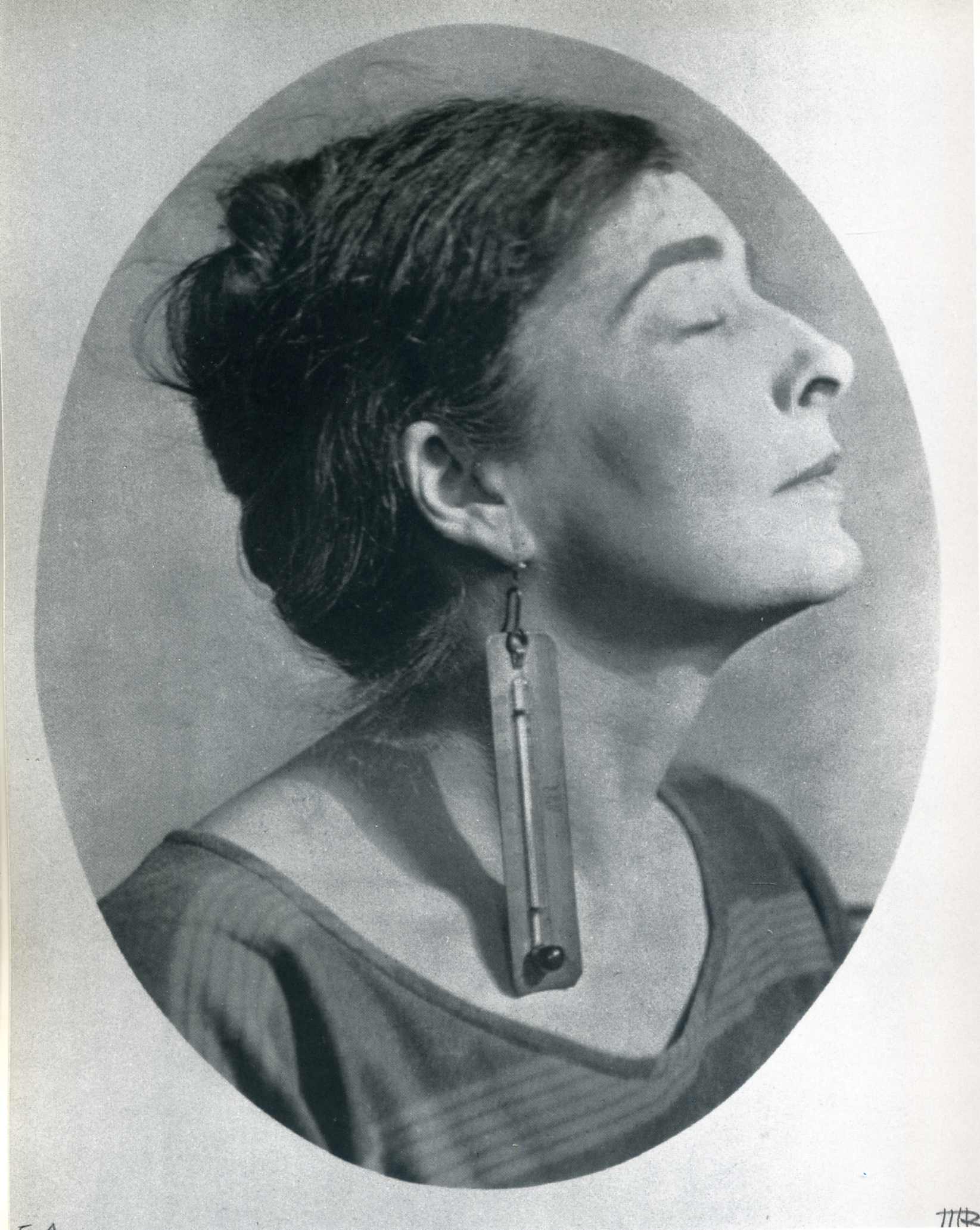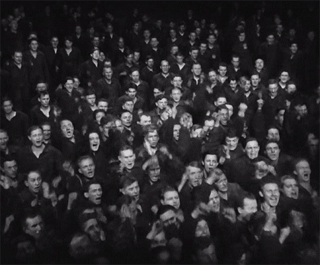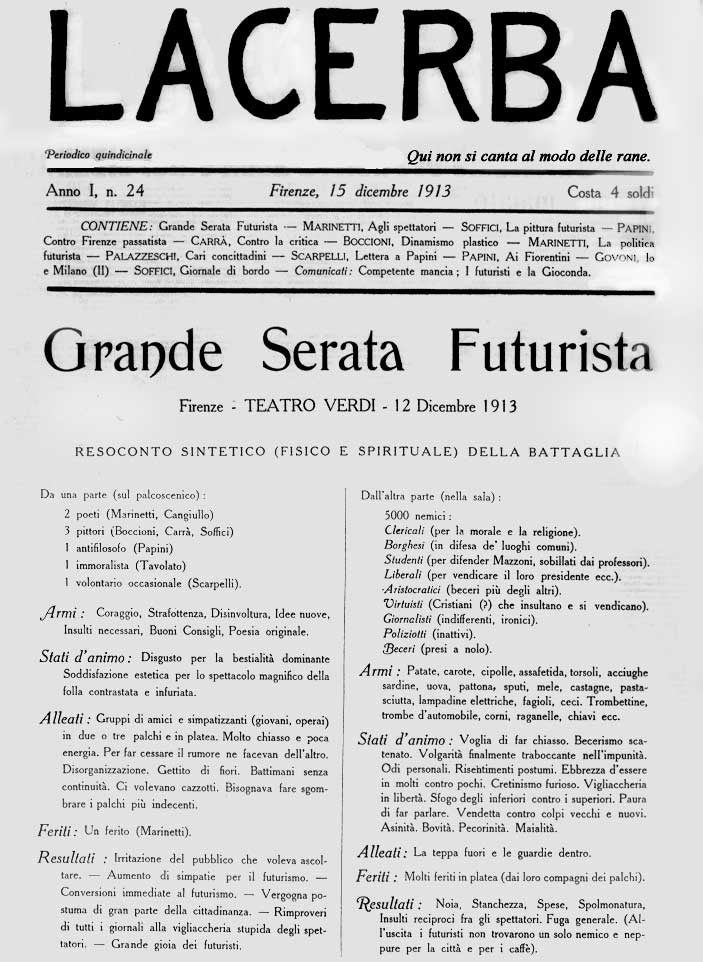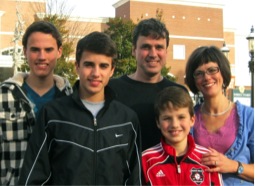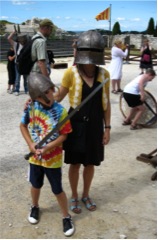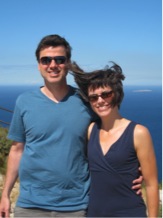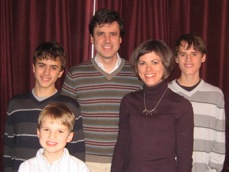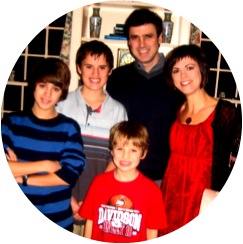Since budget considerations limit the availability of AV at the Modernist Studies Conference this year, I hope visitors to our round table on “Avenues of Creative Scholarship” may be able to view my slides on their own devices in one of these formats:
- ScrollyTeller (includes images and text)
- Google Slides (images only)
